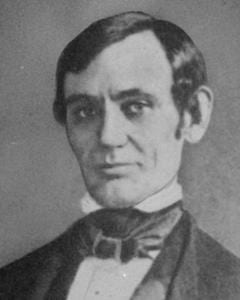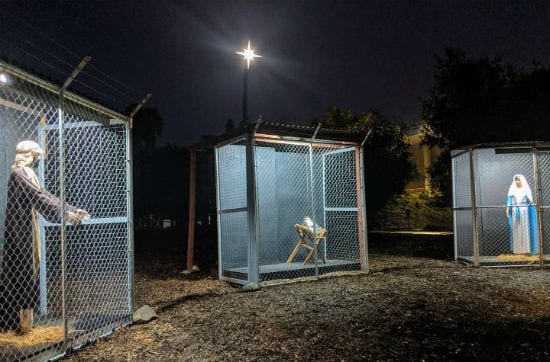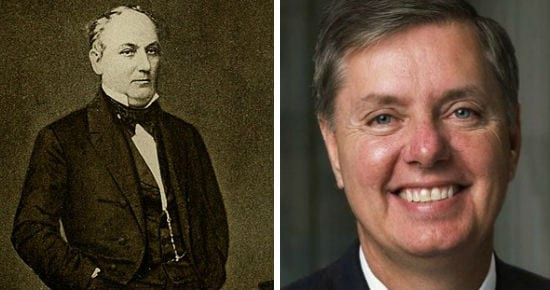President Bush yesterday traveled to the U.S. Army War College in Carlisle, Pa. The War College brings together some of America's best military minds to, in the word's of its founder, Elihu Root, "study and confer on the great problems of national defense, of military science and of responsible command."
Faced with a perceived absence of any coherent plan for the U.S.-led occupation of Iraq, the president yesterday set out to correct this problem — not by creating a plan, but by creating the perception of a plan. President Bush did not go to the War College to listen. He went to talk.
Bush's speech outlined what he called "a clear goal, understood by all — to see the Iraqi people in charge of Iraq for the first time in generations." And he offered "five steps in our plan to help Iraq achieve democracy and freedom":
We will hand over authority to a sovereign Iraqi government, help establish security, continue rebuilding Iraq's infrastructure, encourage more international support, and move toward a national election that will bring forward new leaders empowered by the Iraqi people.
In reading the president's five steps, I was reminded of National Security Adviser Condoleezza Rice's tortured semantic distinction between a "plan" and a "series of actionable steps."
I'm not sure the president's "Steps to Help Iraq Achieve Democracy and Freedom" amounts to a "plan." I'm not even sure that it amounts to a "series of actionable steps." If I were Jerry Bremer listening to this speech, I would find it very reassuring to think that in 37 days I would be on a stateside golf-course and no longer nominally responsible for translating these laudable-but-vague goals into actions that would result in a concrete reality.
It's worth noting that four of these five steps have little to do with any kind of military action. The military agenda consists only of three words: "help establish security."
I used to work for a private security company doing corporate training. Our sales people were endlessly reminded that the company did not provide "security." The legal department was adamant on this point and our top attorney personally oversaw the training of all sales people to make sure that no one was telling potential clients that the company made such an offer. "Security" he said, was an abstract concept. The concept was too vague, too limitless, to be of use. If we promised clients that we would provide "security" we would open wide the door to lawsuits and liability.
That's a point I'm sure our officers and troops in Iraq would appreciate. Their task of helping to "establish security" in Iraq is similarly vague, limitless and unfulfillable. Their mandate seems to echo the breadth of the oaths of office sworn by many American officials, to defend against "all enemies, foreign and domestic" — but even the sweeping language of that oath is more specific about who those enemies might be. "Security" from whom? This is still maddeningly unclear.
The clearest picture President Bush presented in his speech of what all these semi-actionable steps might look like in practice is his description of what has occurred in Fallujah over the past two months. President Bush presents the case of Fallujah as a great success story:
In the city of Fallujah, there's been considerable violence by Saddam loyalists and foreign fighters, including the murder of four American contractors. American soldiers and Marines could have used overwhelming force. Our commanders, however, consulted with Iraq's Governing Council and local officials, and determined that massive strikes against the enemy would alienate the local population, and increase support for the insurgency. So we have pursued a different approach. We're making security a shared responsibility in Fallujah. Coalition commanders have worked with local leaders to create an all-Iraqi security force, which is now patrolling the city.
Fallujah, it seems, is a picture of the likeliest ultimate outcome of the U.S.-led invasion of Iraq. President Bush concludes his speech by citing the situation in Afghanistan as the model for what he hopes to accomplish in Iraq. In Fallujah, at least, he has succeeded.












